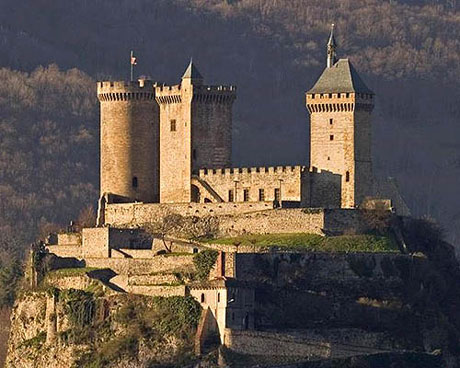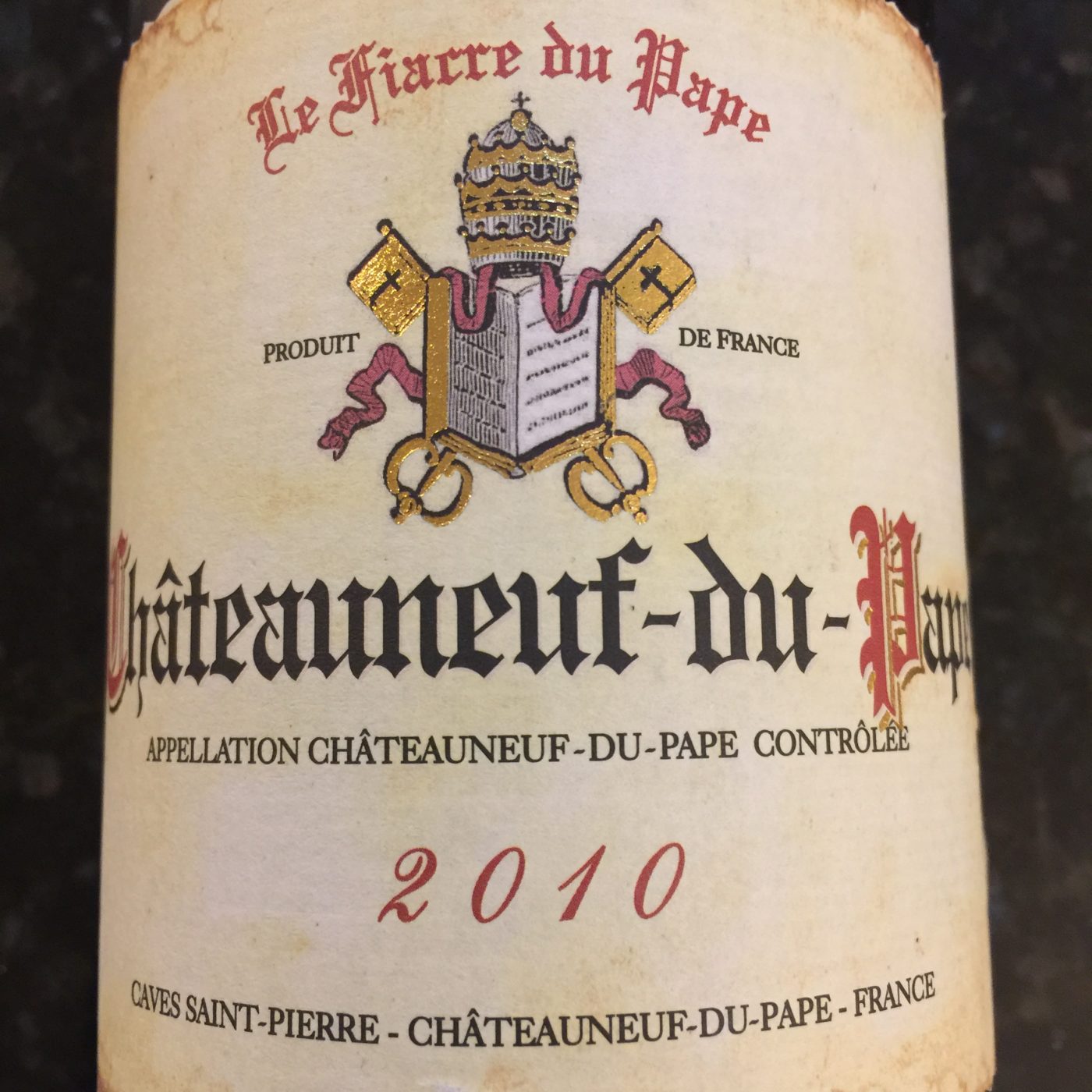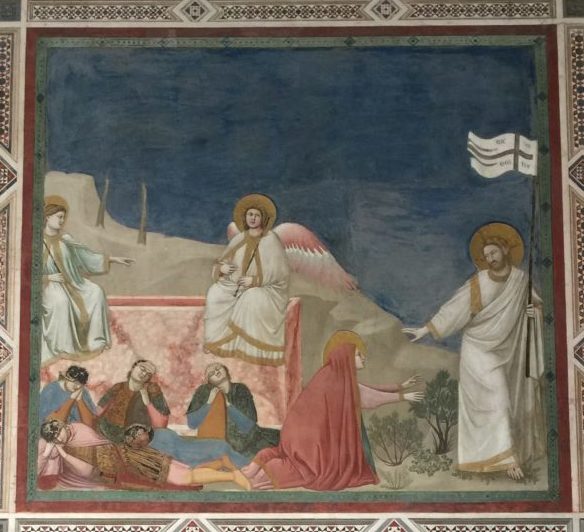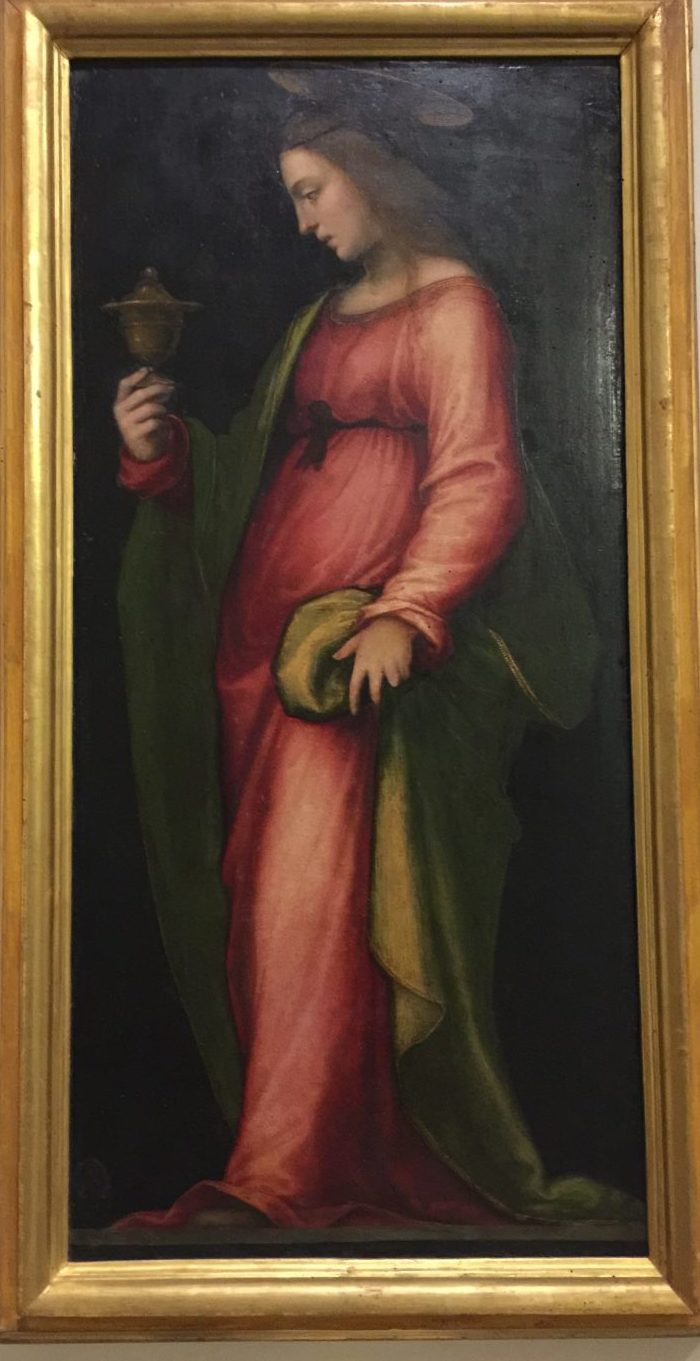In 496 CE, Clovis, King of the Franks, was badgered by his wife, Clotilde, into converting to Christianity. This established a national connection with the Church in Rome that survived the political pandemonium of European history second only to that of Italy. France, in all its iterations, has always been extremely Roman Catholic, sometimes quite brutally so, and, most often, with political consequences.

One such episode related to southern France was the Albigensian Crusades. The year was 1198 CE when Pope Innocent III took charge of the Holy See with a determination to stamp out alternative religious ideals in southern Europe. The liberal Dukes of Toulouse were being far too tolerant of aberrant versions of Christianity, particularly the Cathars.
Excommunication didn’t sway the situation. So, Innocent III declared the Cathars as heretics and told the northern French King Philip II Augustus that anybody seizing the lands of heretics could keep them. This was the first crusade not directed at Jerusalem.
By 1209 CE, French armies began a series of campaigns through southern France from the Pyrenees to the Rhone to eradicate Catharism. One thing the Cathars knew how to do was to build impregnable walled fortresses on unassailable promontories. The remnants of these castles in places like Sete and Carcassonne are still major tourist attractions. Ultimately, it took twenty years for the overwhelming odds to catch up to the Cathars and the liberal nobility. There were sieges, massacres, and slaughters of men, women, and children.
By the time the soldiers left the field, Innocent III was long gone. But the Dominican Inquisition was in full swing and the persecution continued for years. The independence of the southern nobles was history and the realm of the King of France extended to the Pyrenees, creating much of modern-day France. Depending on how far you travel before or after your cruise, you may encounter some of this history. See The Albigensian Crusades (Ann Arbor Paperbacks), and Cathar Castles: Fortresses of the Albigensian Crusade 1209-1300
.
By the time we get to 1303 CE, the French King had moved ahead two clicks to Philip IV “the Fair”. He might have been good looking, but he was a diplomatic handful. Having spent the last ten years going into great debt fighting inconclusive wars with the British, Philip owed a ton of money to the first major banking syndicate in European history, the Knights Templar. In addition, he was determined to loosen the vice-like grip that the Roman Catholic Church had on the wealth of France.
In a historic flashpoint of rising sovereign power conflicting with papal supremacy, Philip and Pope Boniface VIII wrangled back and forth until Boniface expired in 1303 CE. His Italian successor, Benedict XI lasted eight months and is rumored to have been poisoned. Philip managed to get Frenchman Clement V elected in 1305 CE. Clement, realizing he had very few friends in Rome, refused to go to Italy and stayed in France where he could fit more comfortably in King Philip’s pocket. The Popes of Avignon: A Century in Exile
The Knights had amassed, no one knows how, a bit of a fortune related to the Holy Land crusades. Some suspect they spirited the fabled treasure out of Solomon’s temple. On a more practical level, they basically invented a form of letters of credit that travelers could use instead of carrying cash. This provided far greater security for the long walk to Jerusalem. Business flourished and they became the bankroll of Europe. That also meant they were a threat to both royal and papal powers.

With nothing to show for his military extravagance, Philip needed another plan. In 1305 CE, he conspired with Pope Clement V to crush the Templars with charges of heresy. On Friday, October 13, 1307, Philip moved to arrest all Knights Templar. This incident is the origin of the Friday the 13th superstition of bad luck. Some think it may also be the source of the Shroud of Turin, (see Second Messiah: Templars, the Turin Shroud and the Great Secret of Freemasonry).
It took seven years for Philip to finally execute grand master Jacques de Molay and the rest of the Templar leadership. You will pass through Viennes where the Council of Viennes considered the heretical charges against the Templars in 1311 CE.
The history of the Templars has been subject to an enormous amount of recent publishing. The topic is sensational and wide ranging, from ancient Egyptian assassinations, to Solomon’s temple and treasure, to the Crusades, to blasphemous teachings, to eminent scholars and statesmen, all the way to the Washington Monument, the Statue of Liberty, and the US dollar bill. It’s fascinating stuff. The most popular title is The Da Vinci Code. For a calmer approach to the same topic, consider The Hiram Key: Pharaohs, Freemasons and the Discovery of the Secret Scrolls of Jesus
. Both will challenge many of your notions of religious history and beliefs. For a recent treatment, pick up The Templars: The History and the Myth: From Solomon’s Temple to the Freemasons
.

Meanwhile Pope Clement set up shop in a monastery in Avignon. He was followed by six French popes as the influence of the French crown continued to increase. It was during this time that the extensive Papal Palace was built in Avignon, giving birth to a village name and a wine appellation, “Chateauneuf du Pape” (The new castle of the Pope). See The Popes of Avignon: A Century in Exile.
Finally, Italian politics forced Pope Gregory XI to return the papal court to Rome in 1376. This ended the French political period of the Avignon Papacy. Unfortunately, Gregory died two years later, in 1378. The Cardinals elected an Italian pope from Naples, Urban VI.
Well, Urban turned out to be very straight-laced about his vision of clerical propriety. Within months it was obvious that this would cut into the social life of the Curia. The French and Roman cardinals revolted. Ignoring the irony, the cardinals reconvened in their extravagant palace in Avignon and promptly elected another pope.
This was a first: two popes elected by the same set of cardinals. This was the famous “Western Schism” of the Catholic Church, (as opposed to the “Great Schism” of 1154 that split the Roman and Eastern Orthodox churches, described in the cruisereader Eastern Mediterranean article on Istanbul), The Western Schism of 1378: The History and Legacy of the Papal Schism that Split the Catholic Church.
It took the Church from 1378 to 1415 to clean this up. During that short space of years, there were four popes in Rome, four Anti-popes in Avignon, and two more Popes in Pisa! Finally, Martin V was elected in 1415 in Rome and the schism healed. You’ll have a chance to visit the spectacular palace. I expect you may taste some dandy Chateauneuf du Pape along the way, as well.

One of the most enigmatic, tantalizing and controversial figures of all Christianity will shadow your cruise itinerary from beginning to end. There are lots of churches throughout Europe dedicated to Mary Magdalene, including the one masquerading as a Greek temple in the middle of Paris. You will pass a number on your trip. However, two of the most important are in Vezelay, (60 miles west of Dijon), and Saint-Maximin-la Sainte-Baume, (25 miles east of Aix-en-Provence).
Where the New Testament ends, Christian Tradition takes over, and it is often conflicting and contradictory. This seems almost fitting in the case of Mary Magdalene. The Vezelay tradition holds that Benedictine monks found Mary’s remains in a tomb in Saint-Maximin-la-Sainte-Baume and brought them to their abbey in Vezelay around 1050 CE. This was widely accepted and helped elevate Vezelay as an important pilgrimage starting point for those headed to Santiago de Compostela. Pilgrimages were always good for church coffers.
Then, in 1279, another sarcophagus was found in Saint-Maximin-la-Sainte-Baume which was declared to be the true remains of fair Mary. The presiding Count of Anjou managed to get a papal blessing on the new contender, sending Vezelay’s fortunes into a tailspin. A basilica was built to venerate the relics. It remains a pilgrimage site to this day. The coffin and her skull staring out from a reliquary are paraded around the town on her feast day, July 22.

Mary is said to have floated to France to escape persecution in Jerusalem. There are several versions of the account. In most, she is accompanied by Maximin, Lazarus, Martha, and Mary of Bethany. In others, Joseph of Arimathea is the leader of the band. The boat is said to have landed in the marshy Camargue at a place commemorated by the village of Saintes-Maries-de-la-Mer, which you will cruise past. After preaching in the Marseilles region, Mary wandered into the hills to perfect her penitence and was buried by Maximin in her cave (baume) over which the Basilica has been built.
Mary’s Christian heritage is fraught with contention. Back in 591 CE, Pope Gregory I declared that Mary Magdalene was the prostitute described in Luke’s gospel. This is why she is often portrayed revealingly, (as in Giangioseffo Dal Sole’s version shown above).
It took the Church 1,378 years before Pope Paul VI reversed the official decision in 1969. Unfortunately for Mary, her reputation lives on. An excellent review of Mary’s history, though out of print is Mary Magdalen: Myth and Metaphor. A more recent popular title is The Woman with the Alabaster Jar: Mary Magdalen and the Holy Grail
.
There are many critics of the Roman Catholic Church who assert Mary Magdalene and the rest of womanhood have suffered from discrimination starting with the jealousy of Peter and Paul. The Mary Magdalene Cover-Up: The Sources Behind the Myth. Other authors link her with the founders of the Templars, the Holy Grail, and the Arthurian Legend. Bloodline of the Holy Grail: The Hidden Lineage of Jesus Revealed
.
Recent publications of the Gospel of Mary Magdalene have been further cause for controversy as researchers suggest she was the wife of Jesus and possibly the mother of his children. The Gospel of Mary of Magdala: Jesus and the First Woman Apostle, and The Gospel of the Beloved Companion: The Complete Gospel of Mary Magdalene
.
It’s pretty clear that any account of this singular figure from the Christian narrative combines opinion and orthodoxy. Your cruise will give you the opportunity to make your own pilgrimage and to challenge your own notions of the meaning of it all. A nice Burgundy vintage or a Cote du Rhone will probably help you unravel some of these mysteries.


